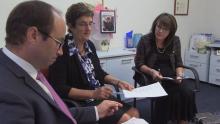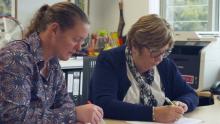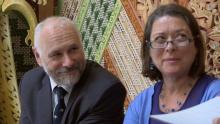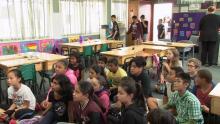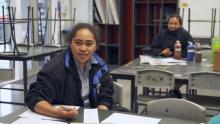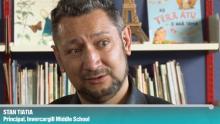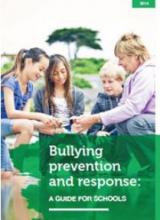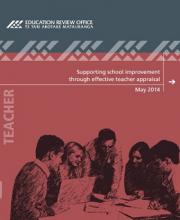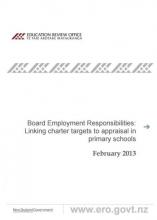Day of the long hard look
Members of a school strategic change leadership team discuss how a significant drop in the NCEA achievement outcomes of their Māori students, which had been consistently tracking upwards since 2009, created a context that required a critically reflective analysis of both cohort and individual data, alongside a review of the current tracking and monitoring processes and tools.
